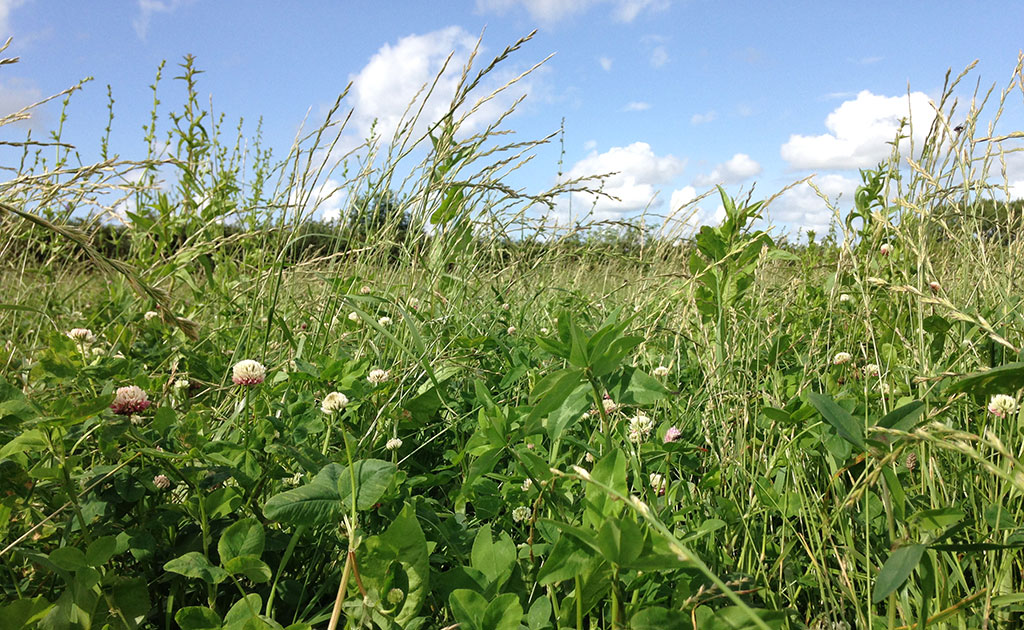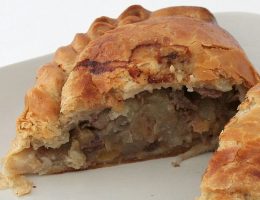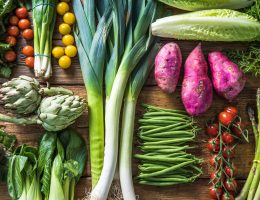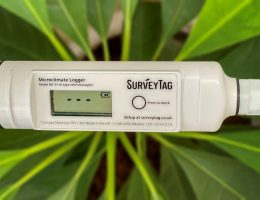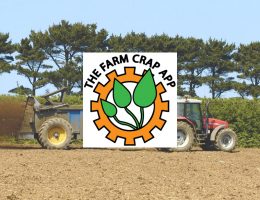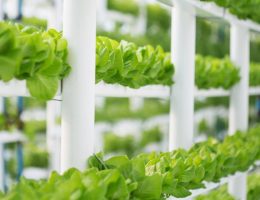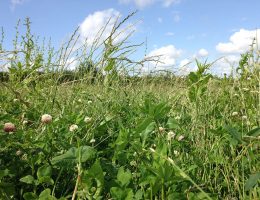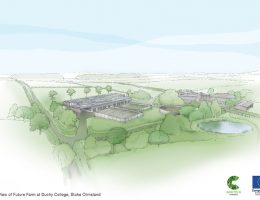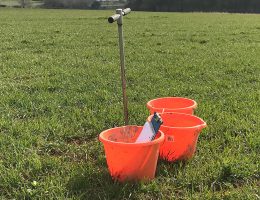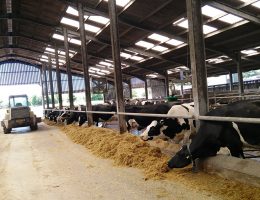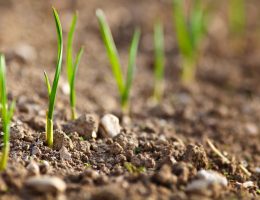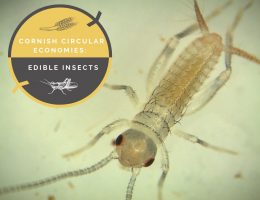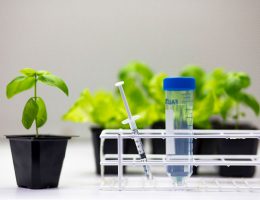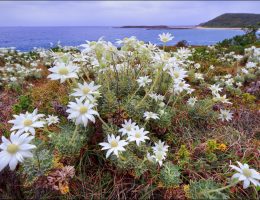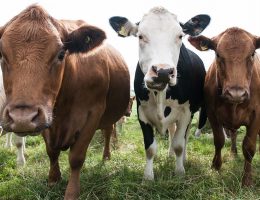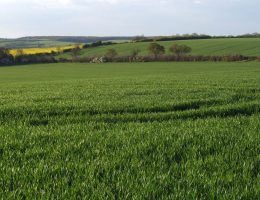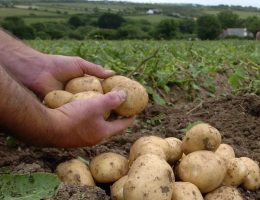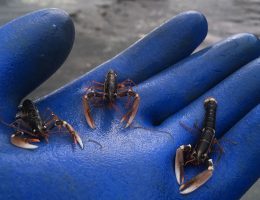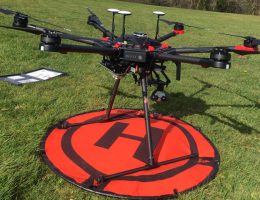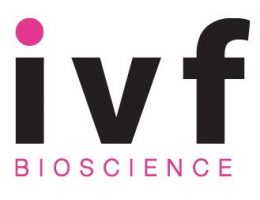Toolbox of Multi-species Swards (TOMS) – DC
Most of Cornwall’s farmed grassland is rye-grass and clover, but multi-species swards offer many potential benefits, whether it’s improved soil quality and carbon sequestration, less need for artificial nitrogen, or enhanced parasite control and biodiversity. However, information about these leys is limited, especially information relevant to Cornwall’s particular environmental and economic conditions. This project – a collaboration between Duchy College and Rothamsted Research – aimed to rectify this.
We worked closely with Cornish businesses, with a specific remit to address their research needs; everything the project undertook was geared to find answers to their questions around, for example, yield and forage quality, macro and micronutrient supply and soil sampling. All field work was completed on-time and within budget, although some adjustments had to made in Spring 2020 in light of the Covid pandemic.
Overall, the project has significantly increased the available knowledge around growing herbal leys in Cornish soils and climatic conditions. How to establish them, how to ensure they thrive, how to make them more cost-effective: the research has resulted in clear and practical takeaways which all interested parties can use and from which they can benefit. In addition, these interested parties, including collaborating business partners, have all been brought together by the project, giving them excellent networking opportunities and the chance to learn from each other.
Dependent on funding, these collaborations and transfers of knowledge will grow, endure and bear further fruit. This will not just increase the depth and spread of knowledge, but will also help further establish Cornwall as a leading area for research into multi-species swards, and enhance the county’s forage research capacity for many years to come. Relatedly, the project has clearly demonstrated to a number of businesses the practical benefits of engaging with Research & Development.
Multi-species swards are clearly complex; so much so that conditions can vary between fields as much as they can between farms, highlighting the need for significant increases to the body of available knowledge.
This project has not just begun to address the need to add to that fund of information and data, but promises to add to it in such a way as to leave a lasting legacy in terms of forage-based research in the south west of England and nationally.
For further information, email Gemma Eales gemma.eales@duchy.ac.uk
Toolbox of Multi-species Swards (TOMS) – RR
Agri-tech Cornwall hosted a Grazing Innovation Workshop in late 2017; delegates were asked to list the three biggest issues facing the grazing livestock industry in Cornwall.
Responses encompassed sward diversity, animal health, milk quality, the need to produce good-quality, year-round forage and to better understand micronutrients, as well as innovating tools to help all involved select and manage mixed species leys to ensure trace elements and year-round nutrition. This feedback was the impetus behind, and became the focus of, the project.
The consensus was also that the research should aim to develop a multi-species sward decision-support tool which would give farmers, advisers and seed merchants practical advice. How different species perform across a range of farms and on different soils; how to determine what a mixture’s optimal species complexity might be: once research provided the evidence to answer such questions, then such a support tool could be developed. This would adapt to various desired outcomes and growing conditions; it would also feature a glossary of species and imagery, give information on cultivation and establishment, and identify suitable species, with evidence of their benefits (from the nutritional and economic, to animal health and biodiversity).
This toolbox would communicate all this in suitable way for commercial use by agronomists, veterinarians, nutritionists and other farm-focused businesses advising farmers on the use of multi-species swards.
Over and above this, the project also helped to forge links between businesses and researchers, while increasing the number of businesses engaged in knowledge exchange, research and innovation.
Agri-Tech Cornwall’s Theme 1 was ‘Animal health and welfare in dairy cattle’, against which TOMS delivered, just as it did against Theme 2, ‘Maximising soil, water and nutrient use efficiency for sustainable crop and livestock production’. Theme 3 was ‘Improving the productivity of speciality crop production’ and Theme 4 ‘Utilising technology to drive agri-tech productivity and innovation’, which means TOMS not only delivered against all stated Themes, but leaves behind the infrastructure, engagement and expertise which guarantees similar delivery for Cornwall long into the future.

